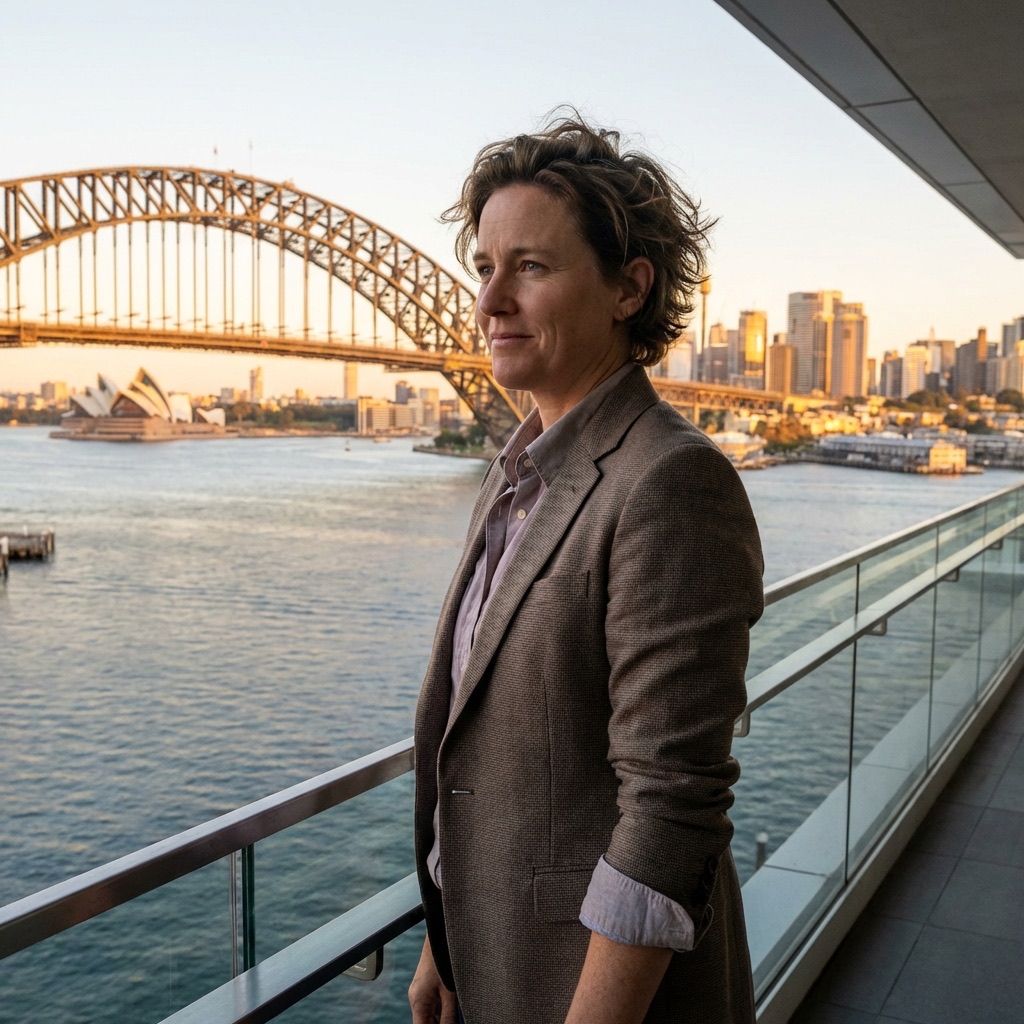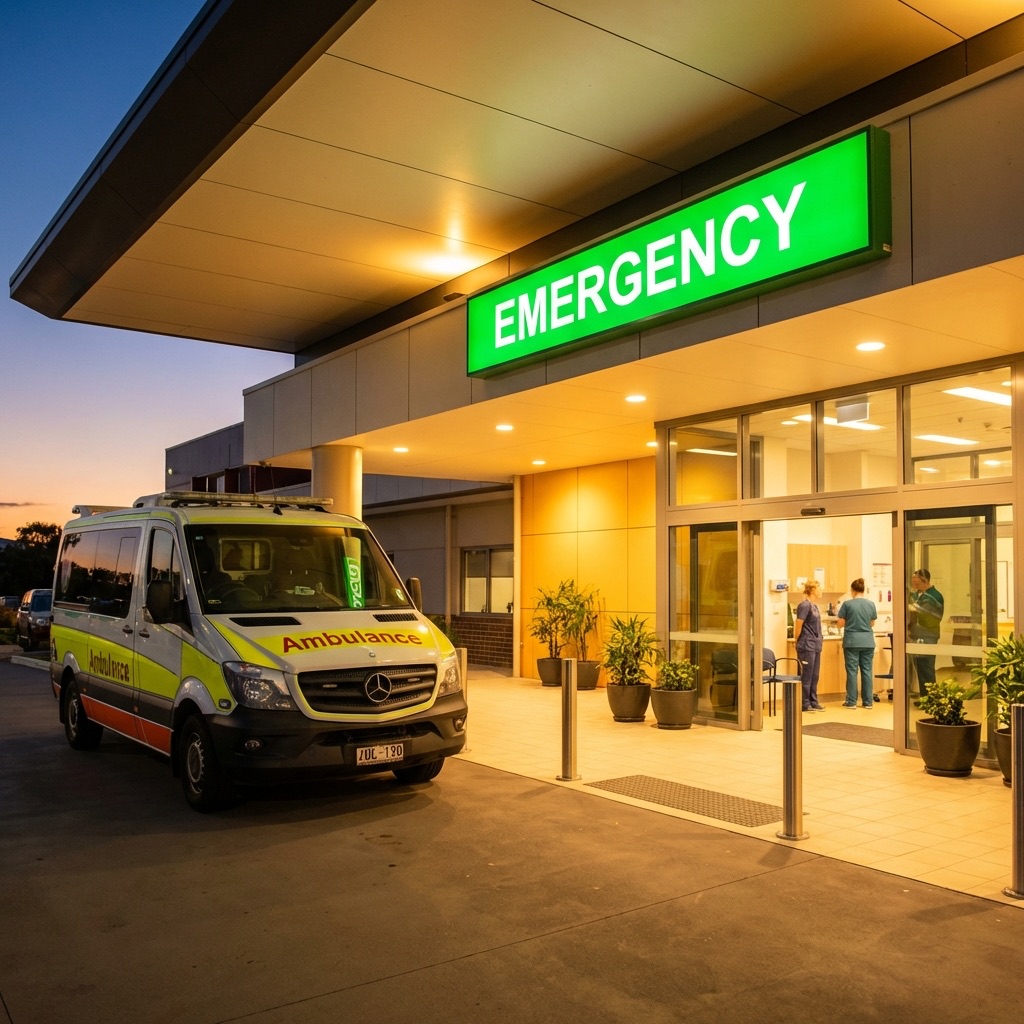Critical tips and common pitfalls for Australian partner visa applications. Learn what to prepare, evidence requirements, timing considerations, and mistakes that can delay or jeopardize your 820/801 or 309/100 visa application.
Applying for an Australian partner visa is one of the most significant decisions you'll make as a couple. With application fees exceeding $9,300, processing times stretching 12-30 months, and the complexity of evidence requirements, getting it right the first time is crucial. This guide covers the essential tips and common pitfalls to help you prepare a strong application.
Start Preparing Early
The partner visa application process requires extensive documentation spanning your entire relationship. Don't wait until you're ready to apply to start gathering evidence. Begin collecting and organizing documents from the moment you start living together or get married. Photos, correspondence, joint financial records, and social proof should be accumulated continuously rather than scrambled together at the last minute.
Early preparation also allows you to identify gaps in your evidence and take steps to address them before lodging. If you notice you have limited joint financial evidence, you can open joint accounts or add each other as authorized users on existing accounts. If your social circle isn't well-documented, you can organize gatherings with friends and family and capture photos showing your relationship is recognized by others.
Understand the 12-Month De Facto Rule
One of the most common misunderstandings involves the 12-month cohabitation requirement for de facto couples. The clock doesn't start when you first meet or begin dating online. It starts when you begin living together in a genuine domestic relationship. Time spent dating, online relationships, or living separately generally doesn't count toward this requirement.
If you haven't completed 12 months of cohabitation, consider whether you qualify for an exemption. Having a child together automatically exempts you from the 12-month rule. Registering your relationship in eligible states also removes this requirement. Compelling and compassionate circumstances may warrant exemptions, but these are assessed strictly and require substantial supporting evidence.
Don't rush to apply before meeting the 12-month threshold thinking you can explain your way through it. Applications lodged prematurely are often refused, resulting in wasted fees and potential complications for future applications.
Choose the Right Visa Pathway
Choosing between onshore (820/801) and offshore (309/100) pathways depends on your location at application and has significant implications for your circumstances during processing.
The onshore pathway requires you to be in Australia when you apply and when the temporary visa is decided. You'll receive a bridging visa if your current visa expires during processing, allowing you to remain in Australia lawfully. This pathway suits couples already together in Australia who want to avoid separation during processing.
The offshore pathway requires you to be outside Australia when you apply and when the temporary visa is decided. Processing times for offshore applications are generally longer, and you cannot enter Australia until the visa is granted. This pathway suits couples where the applicant is overseas and plans to migrate to Australia once approved.
Applying from the wrong location can result in your application being invalid. If you're on a visitor visa in Australia, carefully consider whether you can maintain lawful status throughout the temporary stage processing or whether applying offshore makes more sense.
Don't Underestimate Evidence Requirements
The Department of Home Affairs assesses partner visa applications against four aspects of your relationship: financial, household, social, and commitment. Weak evidence in any single area can jeopardize your entire application.
Financial evidence should demonstrate genuine financial interdependence. Joint bank accounts are valuable, but also provide evidence of shared expenses through utility bills, rental agreements, insurance policies, and everyday purchases. Show regular financial transfers between partners, beneficiary nominations on superannuation and insurance policies, and tax returns reflecting your shared address.
Household evidence proves you share a home and domestic life. Provide lease agreements or mortgage documents in both names, correspondence addressed to both partners at the shared address, and evidence spanning the entire claimed cohabitation period. Don't just provide recent documents—the Department needs to see the history of your living arrangements.
Social evidence demonstrates that friends, family, and the community recognize your relationship. Form 888 statutory declarations should come from people who have known you as a couple for a reasonable time and can provide specific examples about your relationship rather than generic statements. Include photos showing you together at various events across the relationship timeline, social media evidence, joint invitations, and travel bookings.
Commitment evidence shows your relationship is genuine, ongoing, and oriented toward a shared future. Provide communication records showing regular contact, evidence of future plans like property purchases or joint investments, and detailed personal statements describing your relationship history, how you met, significant milestones, and plans together.
Get Your Form 888s Right
Form 888 statutory declarations are mandatory supporting documents, and poor-quality declarations can raise concerns about your application. Choose your Form 888 writers carefully—they should be people who have known you as a couple for a reasonable period and can provide specific, detailed observations about your relationship.
Generic statements like "they have a genuine relationship" or "they love each other very much" add little value. Effective Form 888s include specific examples of time spent together, observations about how you interact as a couple, knowledge of your shared plans, and details that demonstrate genuine familiarity with your relationship.
You need at least two Form 888 declarations, but more can strengthen your application if they provide diverse perspectives. Consider getting declarations from friends, family members, colleagues who have observed your relationship, and community members. Ensure the information provided is consistent with other evidence in your application and accurate in all details.
Address Previous Relationships Properly
Both sponsors and applicants must disclose all previous marriages and de facto relationships, including those that ended in divorce, separation, or the death of a partner. Failing to disclose previous relationships can result in serious consequences including visa refusal or cancellation for providing false or misleading information.
If you were previously married, provide divorce certificates or death certificates. If you were in a previous de facto relationship, provide evidence of when it ended through statutory declarations, evidence of separate living arrangements, or other documentation showing the relationship concluded before your current relationship began.
Previous sponsorships have limitations. A sponsor can generally only sponsor two partners in their lifetime and cannot sponsor another partner within five years of a previous sponsorship. These rules exist to prevent visa fraud and ensure sponsorships are genuine. If your sponsor has previously sponsored a partner, disclose this transparently and be prepared to demonstrate that previous relationships have genuinely ended and your current relationship is not a visa of convenience.
Timing Matters
When you lodge your partner visa application can significantly impact your experience. Lodging too early before meeting eligibility criteria can result in refusal and wasted fees. Lodging at the wrong time relative to your current visa expiry can create complications with bridging visa entitlements.
For onshore applications, if you lodge before your substantive visa expires and while you hold a valid visa, you'll receive a bridging visa with the same work and study conditions as your previous visa. If you lodge after your visa has expired, you may face restrictions or be ineligible to apply onshore at all.
Skills assessment results, English test scores, and police certificates all have validity periods. Time your application so all required documents remain current throughout the processing period. English test results are valid for three years, police certificates vary by country (typically 12 months), and health examinations are valid for 12 months.
Don't Ignore Sponsor Eligibility
The partner visa isn't just about the applicant—the sponsor must also meet specific requirements. Sponsors must be Australian citizens, permanent residents, or eligible New Zealand citizens aged 18 or over. They must meet character requirements and cannot have significant criminal history that would make them ineligible to sponsor.
Sponsors who have received certain government benefits or who have previously sponsored partners may need to provide an Assurance of Support, which is a legal commitment to financially support the applicant and repay any government benefits they access during a specified period. The requirement for an Assurance of Support adds complexity and cost to the application process.
If there are concerns about the sponsor's eligibility, address these before lodging the application. Previous sponsorships, character issues, or financial circumstances should be disclosed and explained appropriately in the application.
Maintain Document Consistency
Inconsistencies between documents, forms, and statements are red flags that trigger additional scrutiny from the Department. Dates, addresses, employment history, relationship timelines, and personal details must be consistent across all application materials.
If you and your partner provide different dates for when you started living together, when you got married, or other key milestones, this raises concerns about the credibility of your application. If documents show different addresses during periods you claim to have been living together, you'll need to explain these discrepancies convincingly.
Review all documents carefully before lodging to ensure consistency. If legitimate reasons exist for apparent inconsistencies—such as different address formats, temporary relocations for work, or administrative delays in updating records—address these proactively with clear explanations rather than waiting for the Department to question them.
Prepare for Health and Character Requirements
All partner visa applicants and included family members must meet health and character requirements. Health examinations must be conducted by panel physicians approved by the Department of Home Affairs. Don't arrange health examinations until instructed by the Department, as results are only valid for 12 months and you don't want them to expire before your application is decided.
Character requirements involve police certificates from all countries where you have lived for 12 months or more in the past 10 years since turning 16. Different countries have different processes and timeframes for obtaining police certificates, with some taking several months. Start this process early to avoid delays when you're ready to lodge your application.
Pre-existing health conditions don't automatically disqualify you, but certain conditions that might result in significant cost to the Australian community or limit access to services needed by Australian residents can lead to refusal. If you have health concerns, consider seeking professional advice about how these might impact your application and whether waivers or additional information might be required.
Budget for the Full Cost
The partner visa application charge exceeds $9,300 as of the 2025-26 program year, but this is only the beginning of the costs involved. Additional expenses include English test fees (if required at the permanent stage), health examinations for all applicants, police certificates from multiple countries, document translation and certification, Form 888 statutory declaration certification, and potentially professional fees for migration agent assistance.
If an Assurance of Support is required, there's an additional fee and potential bond requirement. Travel costs for interviews or additional evidence gathering may be necessary. Budget for the complete journey from initial preparation through to permanent residency grant, understanding that the process typically spans at least two years.
The application fee is non-refundable even if your application is refused, making it critical to ensure you meet all requirements before lodging.
Consider Professional Assistance
While it's possible to lodge a partner visa application without professional help, the complexity of requirements, high cost of the application, and potential consequences of errors make professional assistance valuable for many couples. Registered migration agents understand current policy, can identify potential issues early, ensure all evidence addresses the four aspects properly, prepare you for potential Department requests, and handle communication with the Department.
Not all situations require a migration agent. Straightforward applications where couples have extensive evidence, clear cohabitation history, no previous relationships or complicated circumstances, and good understanding of requirements may proceed smoothly without professional help. Complex situations such as previous sponsorships, limited cohabitation evidence, relationship breakdowns and reconciliations, age gaps or other factors that might attract scrutiny, or health and character concerns typically benefit from professional guidance.
If you choose to engage a migration agent, ensure they are registered with the Migration Agents Registration Authority (MARA). Only registered agents can legally provide immigration advice in Australia.
Respond Promptly to Department Requests
During processing, the Department may request additional information, documents, or clarification about aspects of your application. These requests typically come with strict deadlines, and failure to respond completely and on time can result in your application being decided based on available information, potentially leading to refusal.
Take all Department requests seriously and respond within the specified timeframe. If you need additional time to gather requested information, contact the Department before the deadline to request an extension rather than simply missing the deadline. Provide complete responses that fully address what the Department has requested rather than partial information.
Some requests signal specific concerns the Department has identified. If you receive a request that seems to focus on a particular aspect of your relationship or specific time periods, consider whether additional evidence beyond what was specifically requested might address underlying concerns.
Keep Records of Everything
From the moment you lodge your application, maintain detailed records of all communication with the Department, dates of requests and responses, documents submitted, transaction reference numbers, and bridging visa details. If issues arise during processing, having comprehensive records helps you and any professional advisors understand the timeline and address concerns effectively.
Continue maintaining evidence of your ongoing relationship throughout the processing period. The Department assesses whether your relationship is continuing at decision time for both temporary and permanent stages. If your circumstances change during processing—change of address, birth of a child, change of employment—notify the Department promptly.
Understand the Two-Stage Process
Partner visas are granted in two stages: temporary first, then permanent approximately two years later. You apply for both stages together and pay one application fee, but the Department assesses them separately with different timing.
The temporary stage assesses whether you met requirements at application time and whether your relationship is genuine and continuing. The permanent stage, assessed roughly two years after initial lodgement, reassesses whether your relationship remains genuine and continuing and whether you continue to meet health and character requirements.
Don't assume that because you received the temporary visa, the permanent visa is automatic. The Department expects you to provide updated evidence for the permanent stage showing your relationship has continued. Relationship breakdowns between temporary and permanent grant can result in permanent visa refusal, though exceptions exist for circumstances involving family violence.
Final Thoughts
Preparing a strong partner visa application requires thorough evidence gathering, careful attention to requirements, honest and complete disclosure, and realistic assessment of your situation. The process is lengthy and expensive, but for couples in genuine relationships who prepare properly, the path to permanent residency is achievable.
Focus on demonstrating the genuine nature of your relationship across all four aspects, meet all technical requirements for cohabitation and evidence, maintain consistency across all application materials, and respond to Department requests promptly and completely. With proper preparation and understanding of requirements, you can navigate the partner visa process successfully and build your future together in Australia.
MARA Registered Agent
Registration No. 1569835
Certified by the Migration Agents Registration Authority. Your trusted partner for Australian visa applications.

Over 40 and Want Australian PR? Skilled Visa Strategies That Still Work in 2026

Australia Skilled Visa Points Calculator 2026: How to Maximise Your Score

Getting Emergency Help in Australia: 000, Hospitals & Crisis Services

ACS Skills Assessment 2026: RPL vs Qualification Pathways (and How the 'Deduction' Really Works)

Traditional Chinese Medicine Practitioner Migration to Australia: CMBA Registration & Visa Pathways 2026
Office Hours
Mon-Fri: 9AM-5PM Sat: 10AM-2PM

